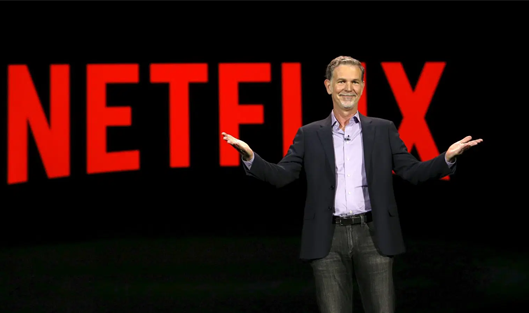
Will Netflix share prices rise?
Netflix shares (NFLX) fell after the company published its quarterly report on 20 October with only 2.2 million new subscribers. At the same time, stock growth has recovered over the last week and the Netflix share price has increased by 59% since the beginning of the year.
Management and analysts referred to the fact that the growth in new subscriptions was record-breaking in the previous two months as users chose Netflix as their entertainment alternative to closed cinemas during the pandemic.
Netflix does not seem to see a problem with expanding its user base, as it announced last week another $1 per month increase in the price of its standard subscription package in the US, and a $2 per month increase in the price of its premium subscription package. Thus, even if the pace of adding new subscriptions decreases, higher subscription fees, high levels of engagement and very low unsubscription rates will lead to an increase in Netflix revenue and profits in the current and future quarters.
Netflix in Asian markets
The Chief Executive Officer of Netflix Reed Hastings said: "Half the growth in new paid subscriptions comes from the Asia Pacific region".
The reason for the success was the addition of subtitles and duplication of content in regional languages such as Hindi, Malay, Korean, Japanese, Thai and Indonesian Bahasa. Netflix has also made the application interface available in local languages.
In addition to duplicating existing content, Netflix continues to invest in creating new and original content for specific markets. For example, for the Indian market, Netflix has spent $400 million between 2019 and 2020 on developing original content as well as licensing content from other companies.
Netflix stated that it will continue to invest in such markets as Japan, (South) Korea, India and Indonesia, as it sees significant growth potential.
Market experts also note that Netflix has a practice of collecting huge amounts of user data, which gives the company an understanding of what content users like and allows them to create original content "on demand".






